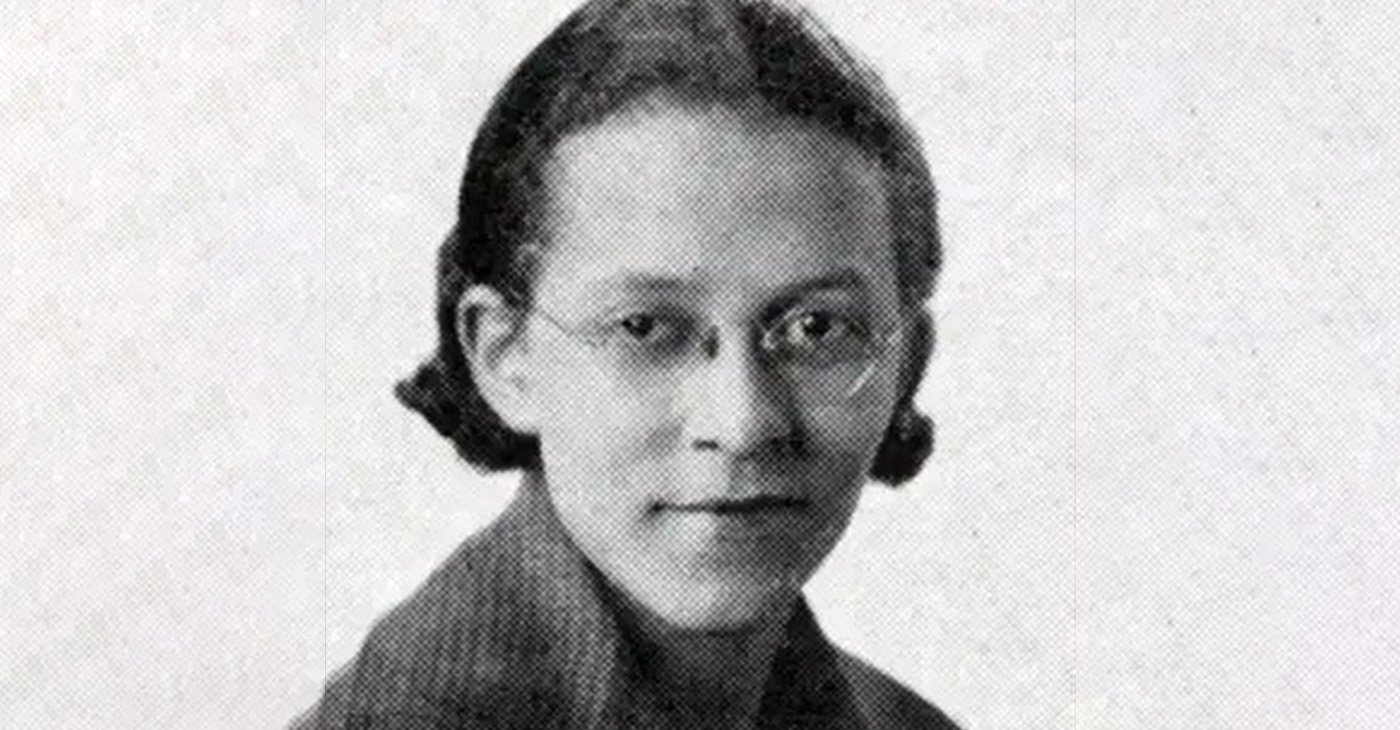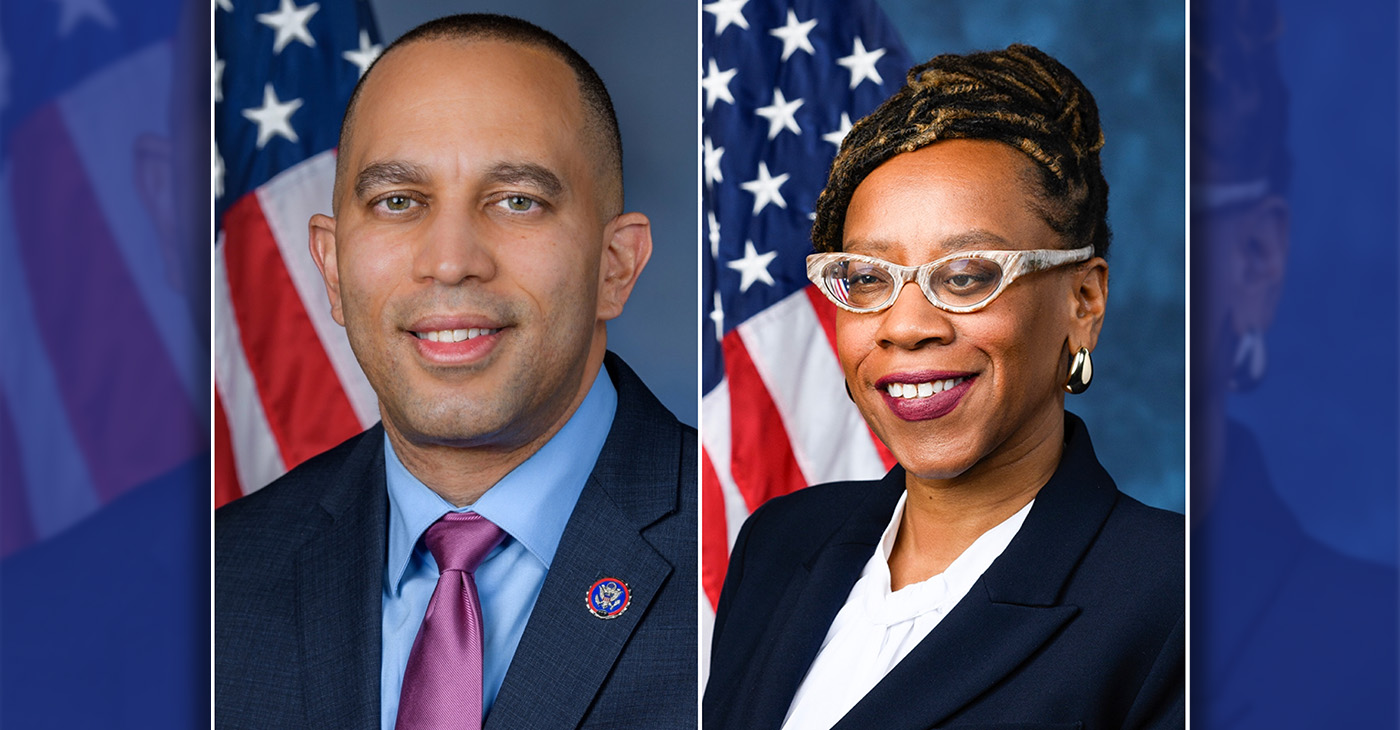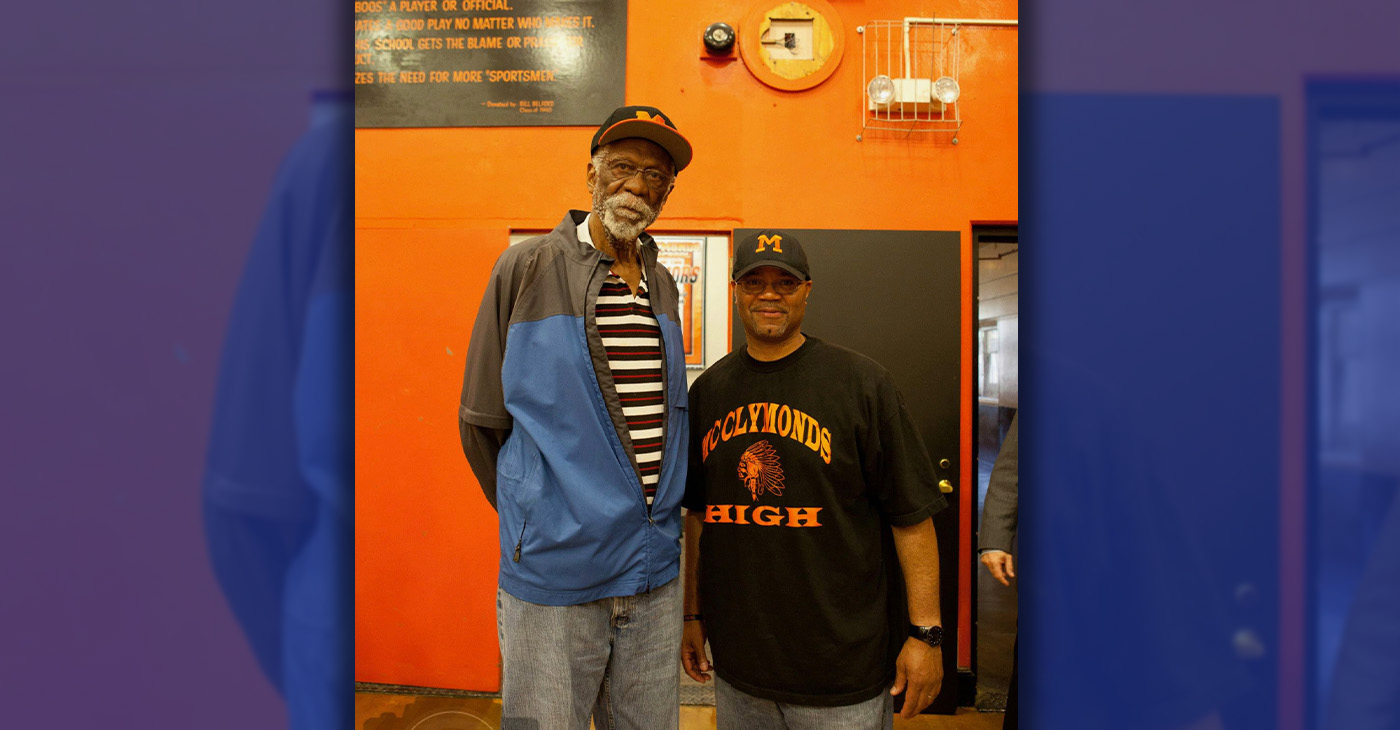Arts and Culture
Lower Bottom Playaz Brings Shakespeare to West Oakland
When driving past the Prescott-Joseph Center for Community Enhancement at 920 Peralta St. in West Oakland, few would realize that the center’s backyard features a performance theater capable of seating well over 100 people.
< p>The Sister Thea Bowman Theater is also home to the Lower Bottom Playaz, an intergenerational acting group and one of the oldest Black theater troupes in Oakland.
The troupe has been performing since 1999 and moved to the Sister Thea Bowman Theater two years later when construction in the backyard was finished.
“People wonder is it a real theater if it’s in the back yard? Of course it is – we’ve provided theater seasons in West Oakland for over a decade.” said Ayodele Nzinga, founder and director of the Lower Bottom Playaz.
“Our name is comes from The Lower Bottoms, also known as The Village Bottoms, a destination point in various migrations of North American Africans.”
Over the course of 12 years, Nzinga has helped train and mentor several young African American residents in performance and theater art. Nzinga also teaches a free summer theater day camp for elementary and middle schoolers.
The troupe got its start performing everywhere from homeless shelters and parking lots to prisons, where it gained popularity for its adaptations of William Shakespeare, James Baldwin, and Lorraine Hansberry.
“I wanted to take famous plays like William Shakespeare’s ‘Romeo and Juliet’ and make it relevant to the struggles our community is going through,” said Nzinga. “Romeo & Juliet became ‘Ebony and Johnny’ and Macbeth became ‘Mac (A Gangster’s Tale)’ set in the West Oakland neighborhood. There’s always a social justice element to our shows.
The locations of the famous works were changed to a West Oakland setting as a way of increasing social awareness on community concerns and topics including gangs, organized religion, the healthcare system, and gentrification.
The troupe has a core membership of 10 with 40 contributing actors. Among them, Stan Huts and Koran Streets have emerged as recent breakout stars from the 2013 coming-of-age film “Licks” directed by Jonathan Singer-Vine.
Koran Streets, 23, remembers when he started acting at age 12 and was cast in Romeo and Juliet alongside his brother Huts.
“It was opening night and I was halfway through my monologue in the first scene of the play when my phone went off blasting the Crime Mob song ‘Knuck if you Buck,’” said Streets. “The audience started cracking up. I was embarrassed so I walked off the stage.”
He shakes his head laughing to himself and says that experience helped him get over stage fright and become a better actor. Aside from acting, Streets has gained a following for his music, releasing rap mixtapes such as “You Know I Got It, Vol.2” to local critical acclaim.
“There’s so many things that can lead you down a negative path in life, and Lower Bottom Playaz gives kids motivation to stop from getting involved in street life and towards something positive,” said Streets. “I don’t know where I would if I wasn’t acting and doing music.”
Nzinga says that funding for the Lower Bottom Playaz is running out, and the group is looking for financial support to keep productions going and their actors paid.
“Many former members of the troupe have come up to me through different walks of life and told me about the impact Lower Bottom Playaz had on them,” said Nzinga. “As a community theater troupe, we’ve provided opportunities for many of the young Black males in this city, and that’s something we can’t afford to lose.”
Arts and Culture
Beverly Lorraine Greene: A Pioneering Architect and Symbol of Possibility and Progress
Greene graduated from the University of Illinois at Urbana-Champaign in 1936 with a degree in Architecture — a remarkable accomplishment for an African American woman at the time. She was never discouraged by the racial and gender discrimination that saturated her field.

By Tamara Shiloh
In the mid-20th century, Beverly Lorraine Greene was recognized as the first African American woman licensed to practice architecture in the United States.
Greene was born on Oct. 4, 1915, in Chicago during an era when opportunities for African Americans, particularly women, were severely limited.
Her parents, James and Vera Greene, were deeply invested in her education, instilling in her a belief in the power of intellect and perseverance. She grew up during the Great Migration that transformed Chicago starting in 1900.
Greene graduated from the University of Illinois at Urbana-Champaign in 1936 with a degree in Architecture — a remarkable accomplishment for an African American woman at the time. She was never discouraged by the racial and gender discrimination that saturated her field.
Greene continued her education, earning a master’s degree in City Planning and Housing in 1937, also from the University of Illinois. Her ambition was not merely to design structures but to shape spaces that fostered equity and community. In 1942, she became the first African American woman licensed as an architect in the United States, obtaining her credentials in Illinois. This groundbreaking achievement, however, did not translate immediately into job opportunities.
Early in her career, she faced significant discrimination from firms unwilling to hire a Black woman. However, her determination never wavered. In 1945, Beverly moved to New York City, a place she believed could offer broader professional opportunities.
She joined the architectural department of the New York City Housing Authority, focusing on affordable housing projects. Her work during this time reflected her commitment to using architecture as a tool for social justice, ensuring that marginalized communities had access to well-designed, dignified living spaces.
Greene’s talents soon drew the attention of prominent firms. She was hired by Isadore Rosenfield, a respected architect known for designing hospitals. She contributed to the design of healthcare facilities, including the modernization of Harlem Hospital. Her portfolio expanded in collaboration with architectural personalities such as Marcel Breuer and Edward Durell Stone.
Notably, she worked on the prestigious UNESCO headquarters in Paris — a landmark project that brought her skills to an international stage. Her involvement underscored her ability to navigate the intricacies of large-scale, global projects, proving that her talents transcended the limitations society sought to impose.
Greene’s career was tragically cut short when she passed away unexpectedly in 1957 at the age of 41. Though her life was brief, her impact was profound. She shattered entrenched barriers, paving the way for future generations of Black architects and women in the field.
Activism
U.S. House Minority Leader Hakeem Jeffries and Rep. Lateefah Simon to Speak at Elihu Harris Lecture Series
The popular lecture series is co-produced by the Oakland-based Martin Luther King Jr. Freedom Center and Peralta Community College District. Jeffries’ appearance marks the 32nd lecture of the Barbara Lee and Elihu Harris Lecture Series, which has provided thousands of individuals with accessible, free, high-quality information.

By Scott Horton
United States House of Representatives Minority Leader Hakeem Jeffries (D-NY-8) will be a speaker at the Barbara Lee and Elihu Harris Lecture Series on Friday, Feb. 21.
The event will be held at the Henry J. Kaiser Center for the Arts, 10 Tenth Street in Oakland, at 7 p.m.
The popular lecture series is co-produced by the Oakland-based Martin Luther King Jr. Freedom Center and Peralta Community College District. Jeffries’ appearance marks the 32nd lecture of the Barbara Lee and Elihu Harris Lecture Series, which has provided thousands of individuals with accessible, free, high-quality information.
The overarching goal of the lecture series is to provide speakers from diverse backgrounds a platform to offer their answers to Dr. King’s urgent question, which is also the title of Jeffries’ latest book: “Where do we go from here: Chaos or Community?”
In addition to Jeffries, Congresswoman Lateefah Simon (D-CA-12) will also speak.
“Certainly, now is a time for humanity, in general, and Americans in particular to honestly and genuinely answer Dr. King’s question,” said Dr. Roy D. Wilson, Executive Director of the Martin Luther King Jr. Freedom Center and Executive Producer of the lecture series.
“Dr. King teaches that time is neutral but not static. Like the water in a river, it arrives and then quickly moves on,” continued Wilson. “We must urgently create conditions for listening to many different answers to this vital question, and generate the development of unity of action among all those who struggle for a stronger democracy.”
In his book, Jeffries shares his experience of being unanimously elected by his colleagues as the first African American in history to ever hold the position of House Minority Leader.
In January 2023 in Washington, Jeffries made his first official speech as House Minority Leader. He affirmed Democratic values one letter of the alphabet at a time. His words and how he framed them as the alphabet caught the attention of Americans, and the speech was later turned into a book, The ABCs of Democracy, bringing Congressman Jeffries rousing speech to vivid, colorful life, including illustrations by Shaniya Carrington. The speech and book are inspiring and urgent as a timeless reminder of what it means to be a country with equal opportunities for all. Jeffries paints a road map for a brighter American future and warns of the perils of taking a different path.
Before his colleagues unanimously elected him Minority Leader in 2022, Jeffries previously served as Chair of the House Democratic Caucus and as an Impeachment Manager during the first Senate trial of the 45th President of the United States.
Jeffries was born in Brooklyn Hospital, raised in Crown Heights, grew up in the Cornerstone Baptist Church and he is a product of New York City’s public school system, graduating from Midwood High School. Jefferies went on to Binghamton University (BA), Georgetown University (master’s in public policy) and New York University (JD).
He served in the New York State Assembly from 2007 to 2012.
Admission is free for the Feb. 21 Barbara Lee and Elihu Harris Lecture Series featuring Congressman Jeffries. Please reserve seats by calling the Martin Luther King Jr. Freedom Center at (510) 434-3988.
Signed copies of his book will be available for purchase at the event.
Activism
McClymonds High Names School Gym for Star Graduate, Basketball Legend Bill Russell
William “Bill” Felton Russell was born on Feb. 12, 1934, and died on July 31, 2022. He achieved fame as a U.S. professional basketball player who played center for the Boston Celtics of the National Basketball Association (NBA) from 1956 to 1969. He was the centerpiece of the Celtics dynasty that won 11 NBA championships during his 13-year career.

By Ken Epstein
West Oakland’s McClymonds High School, “the School of Champions,” this week named the school’s gymnasium in honor of one of its most famous graduates, basketball legend Bill Russell (class of ’52).
William “Bill” Felton Russell was born on Feb. 12, 1934, and died on July 31, 2022. He achieved fame as a U.S. professional basketball player who played center for the Boston Celtics of the National Basketball Association (NBA) from 1956 to 1969. He was the centerpiece of the Celtics dynasty that won 11 NBA championships during his 13-year career.
Russell is widely known as one of the greatest basketball players of all time. In 2011, he received the Presidential Medal of Freedom, the country’s highest civil honor, from President Barack Obama for Russell’s contributions to basketball and the Civil Rights Movement.
The McClymonds’ naming ceremony was held on Wednesday, the same day as Russell’s birthday. Oakland leader Bill Patterson, a longtime friend of Russell’s, was scheduled to cut the ribbon at the reopening of the gym, which had been closed for several months for renovation. Russell’s daughter Karen was scheduled to attend the ribbon cutting.
Russell’s name and signature are now printed on the gymnasium floor.
Patterson was working at DeFremery Park when he met Russell. “I befriended him as a boy and during his years at University of San Francisco” said Patterson. “We stayed friends for the rest of his life.”
Said McClymonds Principal Darielle Davis, herself a McClymonds graduate, “We are excited to honor Bill Russell for his sports accolades and because he broke color barriers. He is part of our legacy, and legacy is really important at McClymonds.”
Brian McGhee, community schools manager at McClymonds and former football player at UC Berkeley, said that Russell meant a lot to him and others at the school. “He was a beacon of light and hope for West Oakland,” he said. “He did a lot for sports and for civil rights.”
Starting in 2018, Ben “Coach” Tapscott worked with Patterson and other McClymonds grads, community members, and former coaches to encourage the Oakland Board of Education to endorse the naming of the school gym, which finally happened recently.
“We worked hard to make this happen,” said Tapscott. “He’s an important part of McClymond’s history, along with a lot of other famous graduates,” he said.
-

 #NNPA BlackPress4 weeks ago
#NNPA BlackPress4 weeks agoTarget Takes a Hit: $12.4 Billion Wiped Out as Boycotts Grow
-

 Activism4 weeks ago
Activism4 weeks agoUndocumented Workers Are Struggling to Feed Themselves. Slashed Budgets and New Immigration Policies Bring Fresh Challenges
-

 #NNPA BlackPress4 weeks ago
#NNPA BlackPress4 weeks agoBREAKING Groundbreaking Singer Angie Stone Dies in Car Accident at 63
-

 Activism4 weeks ago
Activism4 weeks agoOakland Post: Week of February 26 – March 4, 2025
-

 #NNPA BlackPress4 weeks ago
#NNPA BlackPress4 weeks agoNAACP Legend and Freedom Fighter Hazel Dukes Passes
-

 Arts and Culture4 weeks ago
Arts and Culture4 weeks agoBeverly Lorraine Greene: A Pioneering Architect and Symbol of Possibility and Progress
-

 #NNPA BlackPress4 weeks ago
#NNPA BlackPress4 weeks agoTrump Kicks the Ukrainian President Out of the White House
-

 #NNPA BlackPress4 weeks ago
#NNPA BlackPress4 weeks agoApple Shareholders Reject Effort to Dismantle DEI Initiatives, Approve $500 Billion U.S. Investment Plan



















































